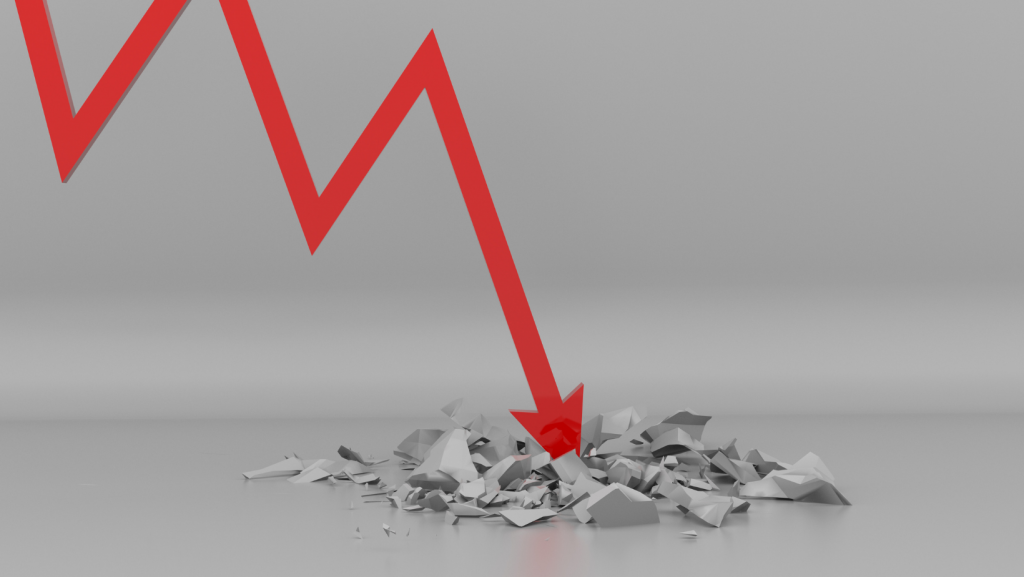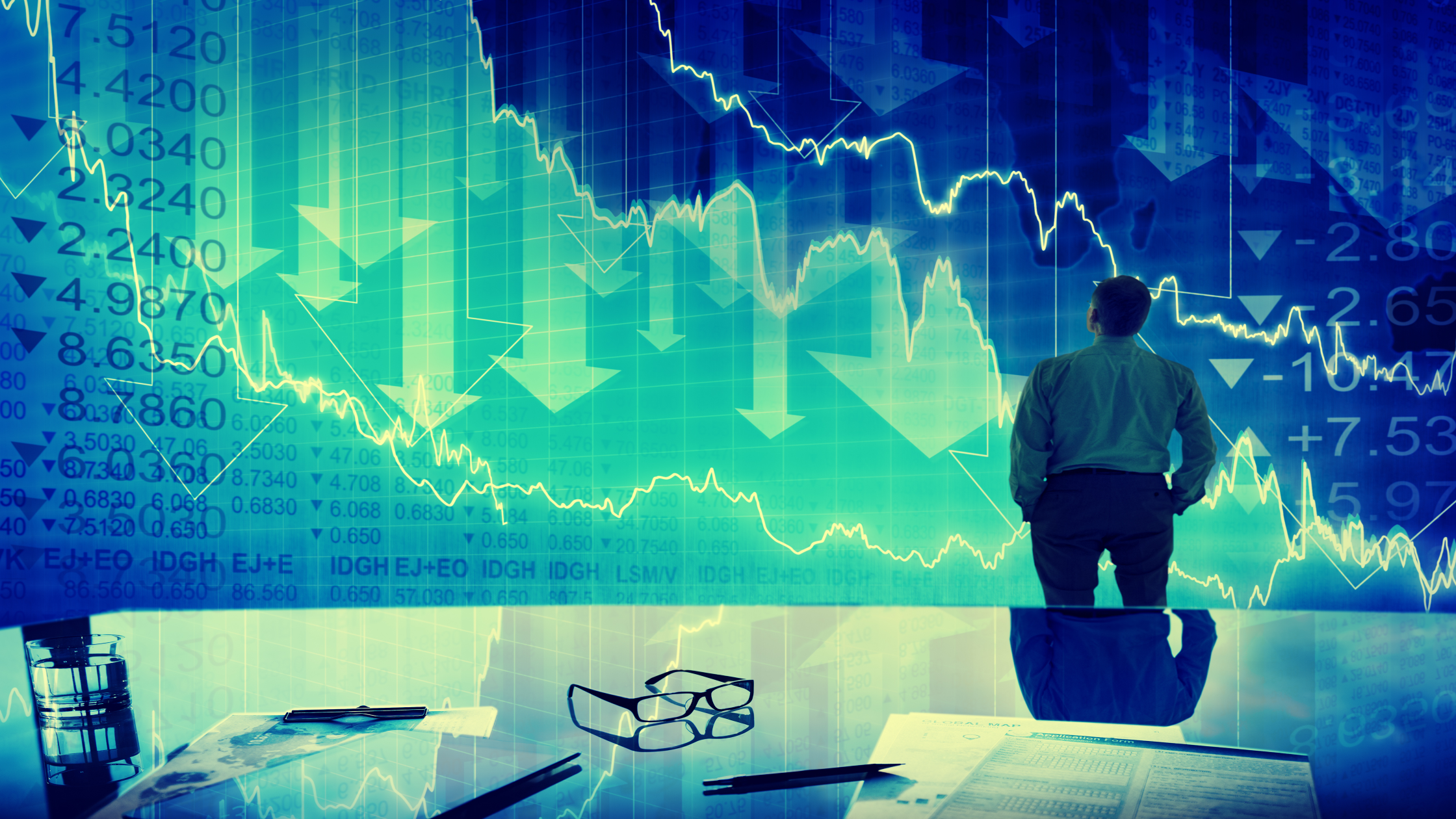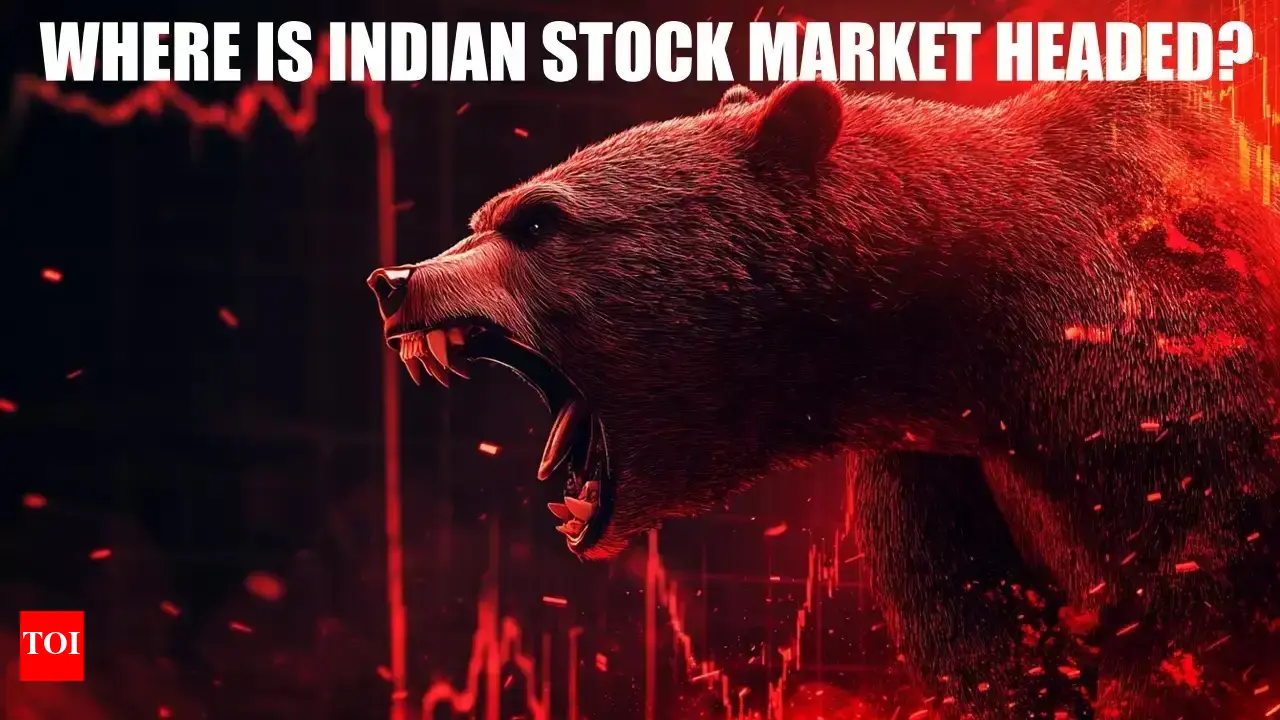The Unshakable Investor: Why Stock Market Crashes Are Actually Your Secret Weapon 📉💥➡️🚀
Picture this: October 2020. COVID headlines scream doom. My portfolio dropped 30% in 3 weeks. My stomach churned as I stared at the blood-red trading app. “Should I sell everything? Is this the end?” Sound familiar? 😰
Fast-forward to today: That same portfolio has doubled. Why? Because I learned what seasoned investors know: Market crashes aren’t disasters—they’re discount seasons. Let me show you why panic is your worst enemy (and how crashes can make you rich).
Crash Trauma vs. Market Reality: The Great Disconnect
Our brains are wired to see crashes as financial apocalypses. But history tells a different story:
| Crash Event | S&P 500 Drop | Full Recovery Time | 5 Years Later |
|---|---|---|---|
| 2008 Financial Crisis | -57% | 4 years | +128% 📈 |
| 2020 COVID Panic | -34% | 6 months | +100% 🚀 |
| Dot-Com Bubble (2000) | -49% | 7 years | +63% (with dividends) |
(Sources: YCharts Data, JP Morgan Guide to Markets)
See the pattern? Every. Single. Crash. Was. Followed. By. A. New. High. As Warren Buffett says: “Be fearful when others are greedy, and greedy when others are fearful.”
Why Crashes Feel Like Heart Attacks (But Aren’t) 💔➡️🩺

Neuroscience explains our panic: When markets plunge, our brain’s amygdala (fear center) hijacks logic. We experience the same physiological response as facing a lion—sweaty palms, racing heart. Meanwhile, the prefrontal cortex (rational planning) shuts down.
This biological glitch costs average investors dearly: A Dalbar study found that during the 2008 crash, retail investors lost twice as much as the market by selling low and buying high later.
My “Crash Epiphany” That Changed Everything
In March 2020, I almost sold my Disney (DIS) shares at $90. But then I asked: “Did Mickey Mouse stop being iconic? Are people quitting streaming?” The fundamentals hadn’t changed—only fear had spiked.
I held. Then bought more. By 2021? DIS hit $180. That’s when I realized: Crashes are Black Friday sales for stocks.
3 Superpowers ONLY Crashes Give You 🦸♂️
1. The Compounding Accelerator
Buying quality stocks at 30-50% off supercharges long-term returns. Example:
-
$10,000 in S&P 500 at COVID lows = $20,000+ today
-
Same investment 6 months later = $15,000
(Source: S&P 500 Calculator)
2. Dividend Yield Boosts
When stock prices fall, dividend yields rise. AT&T’s yield jumped from 5% to 7.5% during COVID—paying you more to hold!
3. Tax-Loss Harvesting
Smart investors use crashes to sell losers and offset gains—slashing tax bills. (Here’s Fidelity’s tax-harvesting guide).
The Anti-Panic Toolkit: 4 Crash-Proof Moves

🔹 The 5-Minute Rule
When markets plunge, wait 5 minutes before opening your app. Breathe. Ask: “Has this company’s core business vanished?” (Spoiler: Usually not).
🔹 Automate or Stagnate
Set up automatic investments. Vanguard found dollar-cost averaging during crashes boosted returns by 40% vs. emotional trading.
🔹 The “Toilet Paper Index” Test 🧻
Remember COVID toilet paper hoarders? If your investing move feels equally panicked—DON’T.
🔹 Diversify Like a Ninja
No single crash kills a diversified portfolio. Mix:
-
Index funds (VOO)
-
Bonds (BND)
-
Real estate (VNQ)
-
Cash (for buying opportunities!)
When “Do Nothing” Is the Smartest Move 🧘
The S&P 500’s 30-year average return is 10% annually. But if you missed just the 10 best days during that period? Your return drops to 4%. Moral: Time in the market beats timing the market.
(Source: JP Morgan Asset Management)
Your Crash Survival Checklist ✅
Next time markets tumble:
-
Mute financial news (fear sells ads!)
-
Revisit your goals (retirement is decades away!)
-
Buy quality (Apple won’t stop selling iPhones)
-
Sip chamomile tea (seriously—it lowers cortisol)
Remember: Crashes separate investors from gamblers. Volatility is the price of admission for life-changing wealth.

Over to You: What’s your biggest crash fear? Share below—let’s demystify it together! 👇
Feeling empowered? Dive deeper:
Crash Truth: Trees don’t grow to the sky—but after every winter, spring returns. 🌳🌤️
You should also read these…
- surgeblog.com – excellent insulation results with polyethylene foa
- axtly.com – content and copyright issues and solving methods o
- axtly.com – gaza ceasefire what phase two usually means in neg
- getaluck.com – acoustic comfort in office spaces leveraging durfo
- tugmen.com – the 2025 global rate cut wave what it means for co
- soturk.com – underrated european towns you can visit on a budge
- tugmen.com – cheap wireless chargers that actually work
- hogwar.com – top 10 emerging tech gadgets you need to know
- closedad.com – hit the twitter x follow limit safe strategies for
- soturk.com – from inflation fight to easing how businesses shou
